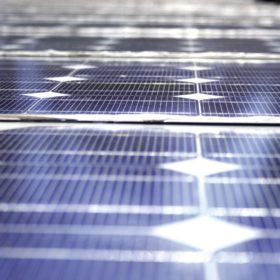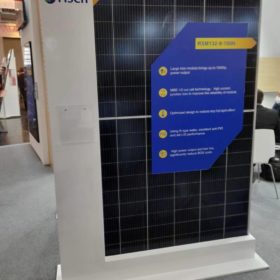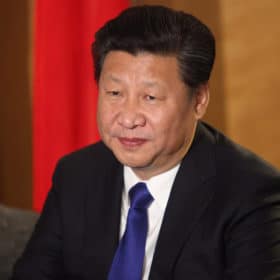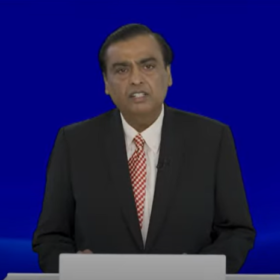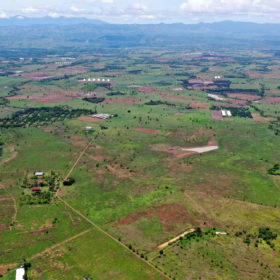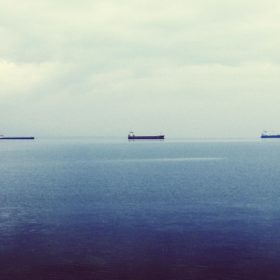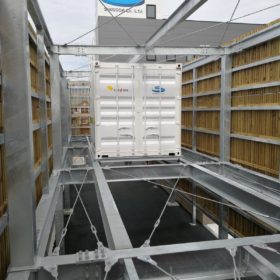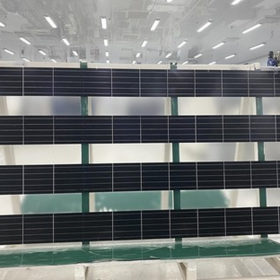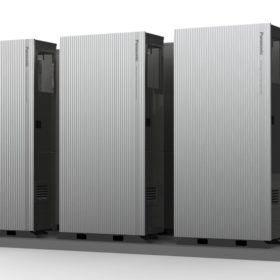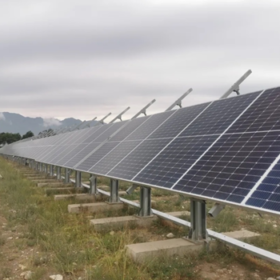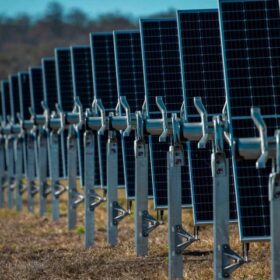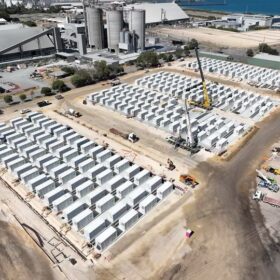Australia’s largest solar supplier expects shortfalls and up to 30% prices hikes as global stock contest escalates
Australia’s largest wholesale solar distributor is expecting shortfalls of supply coupled with 20% to 30% cost increases as a result of the energy crisis in China. The situation in Australia is particularly fragile, pv magazine Australia was told, with our low pricing and the comparable size of our market not playing to our favour in the global battle for solar supplies.
Risen showcases n-type solar panel with output of 700 W
The 210 mm module can reach a power output of up to 703.6 W and a power conversion efficiency of 23.08%. The result was confirmed by Germany’s TÜV SÜD.
China plans new polysilicon production, 100 GW of solar for desert areas
China’s president has detailed plans to accelerate the planning and construction of large-scale wind and PV projects in desert areas, while Wuxi Shanghai announced new granular silicon and nano-silicon production capacity expansions.
Reliance Industries acquires 100% stake in REC Group, plans new manufacturing bases
India headquartered multinational Reliance Industries, through its subsidiary Reliance New Energy Solar Limited, yesterday announced the acquisition of Norway headquartered module manufacturer REC Group. The move comes as Reliance pushes forward with its US$10 billion plan to move in on the renewable energy industry, having also this week announced acquisition of a 40% share in EPC provider Sterling & Wilson.
Philippines developer offers PV sites to rivals in bid to kick-start solar parks
Makati-based Solar Philippines has said it saw the potential of solar six years and is now aiming to help other companies accelerate the nation’s energy transition.
Saturday read: Chinese U-turn on stranded Australian coal could aid solar imports
China’s coal crunch looks set to see the nation turn to the Australian coal it has kept stranded via its year-long unofficial import ban. The news isn’t great for CO2 emissions, but could ease the significant impacts being felt by the Chinese solar industry.
Vanadium redox flow batteries with purported LCOS of $0.10/kWh
Singapore-based VFlowTech has secured funds to scale up manufacturing of its vanadium redox flow batteries. The company currently offers three modular products that can be scaled to multi-megawatt-hour systems.
Vietnamese manufacturer unveils PV module for agrivoltaics
Vietnamese manufacturer Irex has announced a new glass-glass solar panel with a power output of 265 W and a power conversion efficiency of 18.1%.
Panasonic launches 5 kW fuel cell system for commercial applications
The system has dimensions of 834×417×1,766 mm and weighs 205 kg including the design panel. It achieves an electrical efficiency of 56% and can be connected with a hot water storage unit.
Comparing new solar module formats
JA Solar published data comparing its own modules, based on the 182mm wafer format, with others utilising the larger 210mm size over a six month period in field testing. The data show that the smaller of the two formats reached an average daily energy yield almost 2% higher. According to JA Solar’s analysis, the higher currents produced by the 210mm modules led to higher resistance, and more energy lost as heat.
